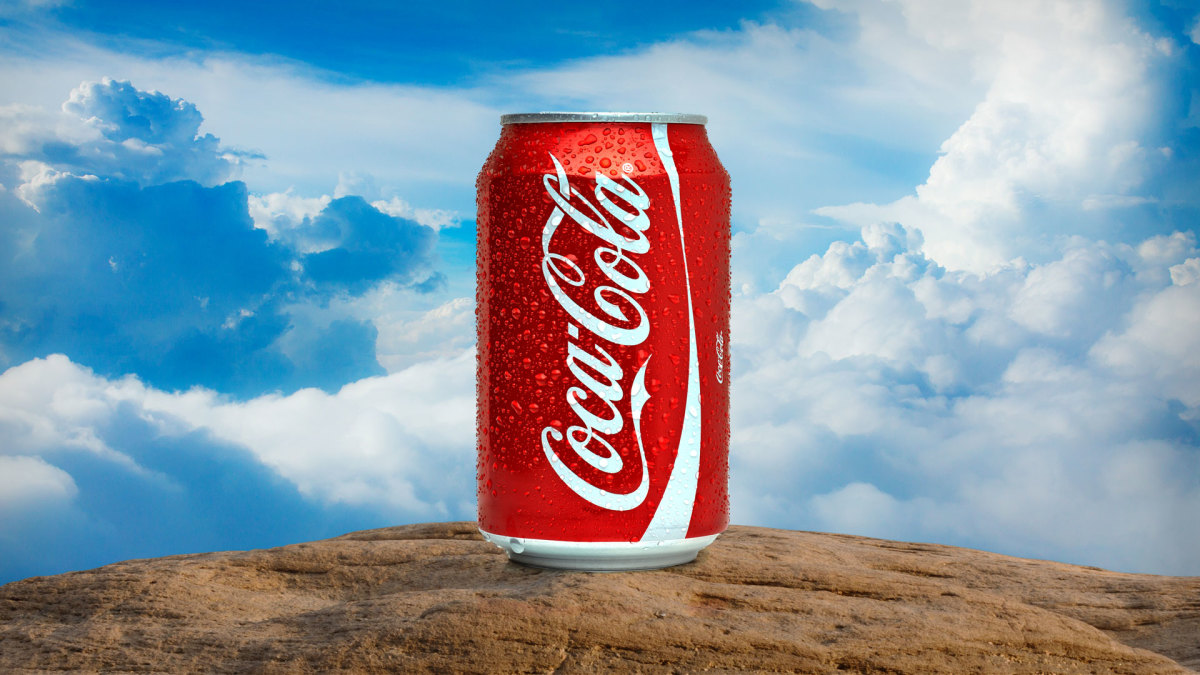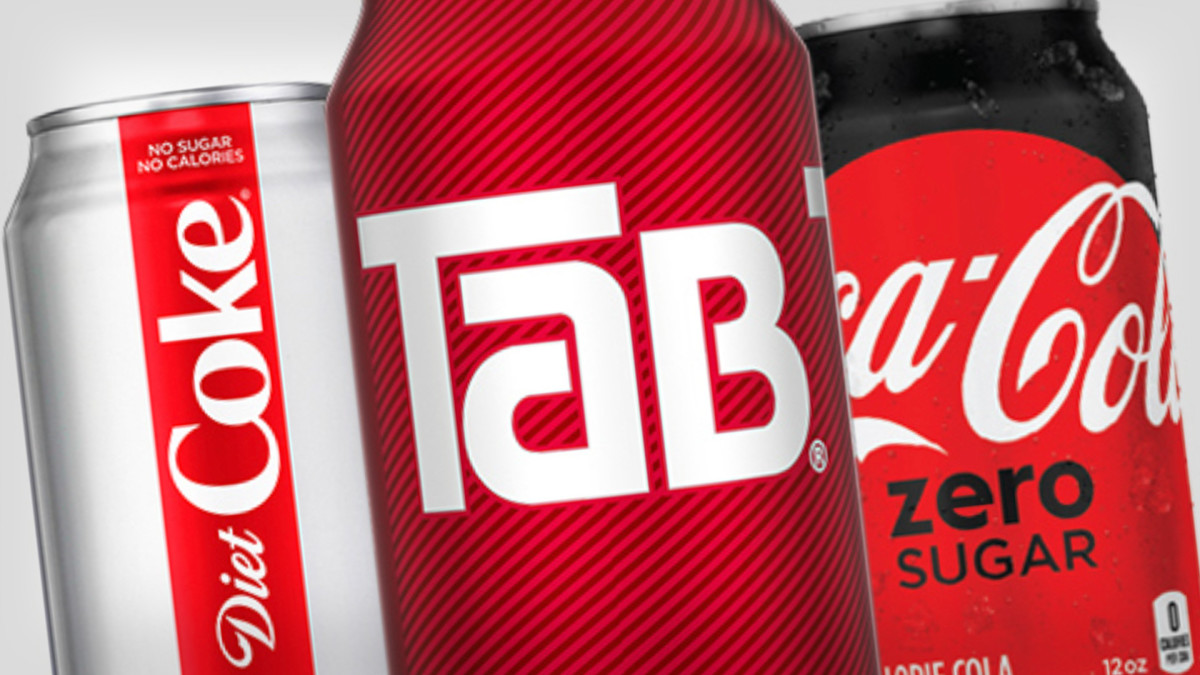
Some products end with a hearty farewell, or at least a formal announcement that they're being discontinued. Coca-Cola, for example, shared the news that it was ending its popular Tab diet soda with a press release that paid tribute to the brand's long history.
That was part of a larger effort by the company to rid itself of what it called "underperforming products" by the end of 2020. At the time, the company also stopped making Zico coconut water, the Odwalla juice brand, Coca‑Cola Life, and Diet Coke Feisty Cherry, as well as regional offerings like Northern Neck Ginger Ale and Delaware Punch.
Why an iconic Coca-Cola soda could make a retail comeback
Related: Why an iconic Coca-Cola soda could make a retail comeback
The company also took the time to celebrate Tab, which had a history that dates back to 1963 and a special place in history as Coca-Cola's KO first-ever diet soda.
“We’re forever grateful to Tab for paving the way for the diets and lights category, and to the legion of Tab lovers who have embraced the brand for nearly six decades,” said Coca-Cola Diet Coke Group Director Kerri Kopp. “If not for Tab, we wouldn’t have Diet Coke or Coke Zero Sugar. Tab did its job."
That fond farewell has not stopped fans of the brand from pressuring the company to bring it back, but at least there was a formal acknowledgment of the soda's end. Doing that gave fans a chance to hoard some and say goodbye to their favorite soda.
Now, the beverage giant has quietly killed off another beloved soda, albeit a regional, not nation favorite, and customers are angry.

Image source: Coca-Cola
Coca-Cola kills a beloved regional soda favorite
Some regions of the country have favored flavors of soda that have not held the same appeal nationally. In many ways, it's like "scrapple," a pork-based product that's popular in Pennsylvania or, in a more direct comparison, Moxie, a harsh-tasting soda that was beloved in parts of New England.
Birch Beer has been a popular flavor in Delaware, specifically at pizza places, and it has pockets of popularity elsewhere in the country. Some smaller soda companies still offer the root beer-adjacent soda, but Coca-Cola killed its Fanta Birch Beer and only let customers know by answering a fan's post on X, the former Twitter, about the selectively beloved flavor.
"Wait is this true? Did @CocaCola really discontinue Birch Beer!? #devastated," Kate Moore posted along with a picture of a local restaurant's sign.
"Coca-Cola has discontinued birch beer," the restaurant shared in a sign hung on a door. "We know...We hate it too."
To its credit, the beverage chain, which had been trying to be very quiet about ending production of the caffeine-free Fanta Birch Beer flavor did answer.
"Hi Kate, we're sorry to say that our Fanta Birch Beer has been discontinued. We regret any disappointment and we'll be sure to share your comments with the team," the company posted.
That happened in mid-August and some eateries had a supply of the beverage that lasted until the early fall, but Coca-Cola's Fanta Birch Beer has now joined Tab as a soda with a devoted fan base which has been discontinued.
Here's why Coca-Cola stops making certain brands
In 2020, when Coca-Cola stopped making Tab and the other beverages named above, the company shared the logic behind why it closes certain brands.
“We’re challenging ourselves to think differently about our brands to accelerate our transformation to a total beverage company,” said Coca-Cola's then Global Head of Innovation Cath Coetzer.
The executive, who is still with the company with a slightly different title, also shared that the process isn't about reaching a certain number of brands.
"The objective is to drive impact and growth. It’s about continuing to follow the consumer and being very intentional in deciding which of our brands are most deserving of our investments and resources, and also taking the tough but important steps to identify those products that are losing relevance and therefore should exit the portfolio,” she added.







